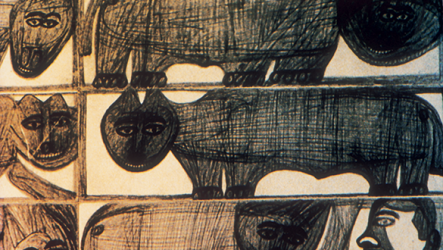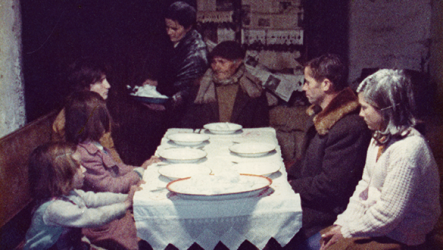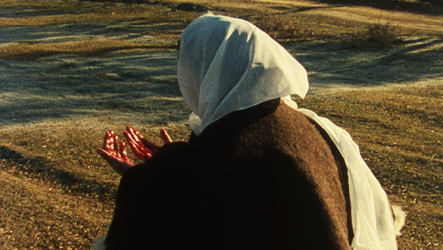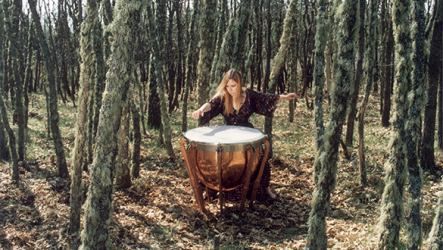António Reis and Margarida Cordeiro, are two of the leading figures in radical Portuguese cinema, who emerged in the aftermath of the 1974 uprising against the Salazar regime and influenced directors of the new generation of filmmakers in the 1980s and 1990s, such as Pedro Costa. In their ethnographic documentaries about the deserted countryside in northeastern Portugal, they invented a cinematic language that was both poetic, hypnotic and political. In addition to the ethno-fiction documentaries they co-directed - Trás-os-Montes (1976), Ana (1982) and The desert rose (1989) - Reis’s documentary Jaime (1974) on the drawings of Jaime Fernandes, a psychiatric inmate, is also screened.
“Reis and Cordeiro are Portuguese, but not from Lisbon (which is a provincial capital city), not even from Porto. They situate their films in northern Portugal where the tourists never come (hordes invade the Algarve, the fools). Beautiful and deserted landscapes are perceived as sumptuous ruins; a countryside that is filmed as if it were a city. There is emptiness in the full of sensations heart, the same way there is an emptiness in this part of Portugal. The films by Reis and Cordeiro record a disorienting situation of emigration, caused by the exodus: the men have left, the children are now left to their games and the elderly are left to guard the places. And the story? There is one, if you want. But you do not have to want to”
(Serge Daney, Au milieu du bout du monde in Libération, June 1983).
Film selection, programming, introduction: Phaedra Papadopoulou







